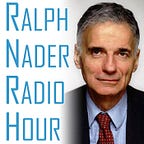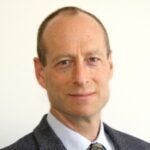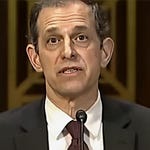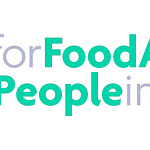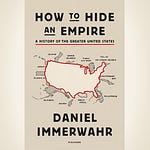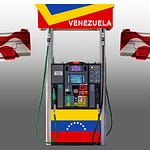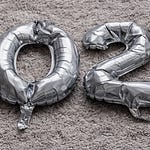Ralph welcomes investigative journalist, Trudy Lieberman, who warns us to stay away from the synthetic mesh for hernia repair and statistician, Phillip Stark, who explains how we can restore trust in our voting systems. Plus, listener questions!
Trudy Lieberman is a journalist who has written for the Columbia Journalism Review, the Rural Health News Service, and Consumer Reports, and has served on the board of the Medicare Rights Center. She is the author of several books, including “Slanting the Story: the Forces that Shape the News.” Her recent article “In the Net” appeared in the March 2021 issue of Harper’s.
“The doctors are recruited to be opinion leaders for the new drug or the new device. And I think patients don’t know that this goes on. And the doctors are given money, sometimes, they’re given dinners. They’re given honoraria. They’re given lots of goodies to come along and essentially shill for whatever new product the manufacturer is producing.”
Trudy Lieberman, journalist
“I do think that [the risk/benefit calculation] is really not explained to people. They hear that you can go into the hospital, you can go in and out, the complications are minimal. And they don’t get explained anything [about the risks of mesh repairs].”
Trudy Lieberman, journalist
Contact Shouldice Hospital:
7750 Bayview Avenue
Thornhill, Ontario,
Canada L3T 4A3
CALL
Tel: 905-889-1125
Fax: 905-889-4216
Canada: 1-800-291-7750
U.S./International: 1-855-328-3423
For more information on whether your doctor receives money from a drug or medical device company money, go to Pro Publica Dollars for Docs.
Philip Stark is a Professor of Statistics at the University of California, Berkeley whose research includes earthquake prediction, gender bias in academia, the US census, food equity, and election integrity.
“I think that elections have become more vulnerable to manipulation by a smaller number of people, and vulnerable to remote manipulation, rather than in-person manipulation.”
Professor Philip Stark
“The security properties of paper turn out to be just right for elections. Paper is tangible. It’s accountable. You can keep track of how many ballots were sent to each polling place, how many came back, how many were sent out to voters, how many came back. It’s tamper-evident, and it can’t be altered remotely and wholesale.”
Professor Philip Stark
“Right now, I think… both of the major parties are motivated to do something to produce more secure elections or demonstrably more secure elections. I’m concerned by the efforts in Georgia and Florida and elsewhere that are restricting voter access rather than improving the security of the elections.”
Professor Philip Stark
For more information on open source elections technology, go to Open Source Elections Technology Institute.
“Stealing elections is an American tradition, going back generations.”
Ralph Nader
“If you have candidate protection to get on the ballot, you give more voices and choices to the voters and make their vote more meaningful. So, candidate rights and voter rights are inextricable if you believe in higher standards of democratic elections.”
Ralph Nader

